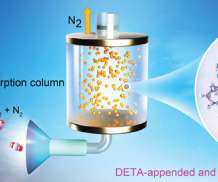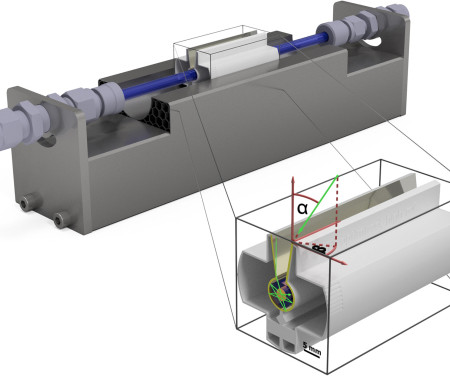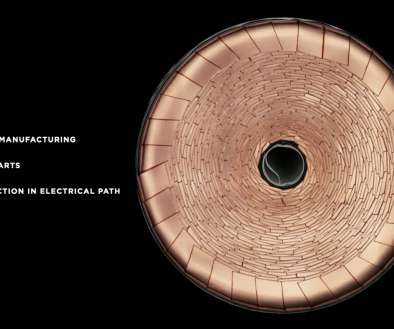DOE to award $118M to 17 projects to accelerate domestic biofuel production
Green Car Congress
JANUARY 27, 2023
The goal of the project is to continue to develop a circular carbon economy that replaces the petroleum-based chemicals in consumer products with algae-derived and biodegradable polymers. This project will demonstrate the conversion of gaseous carbon wood wastes (terpenes) to renewable Terpenes SAF blending components. Viridos, Inc.,



































Let's personalize your content